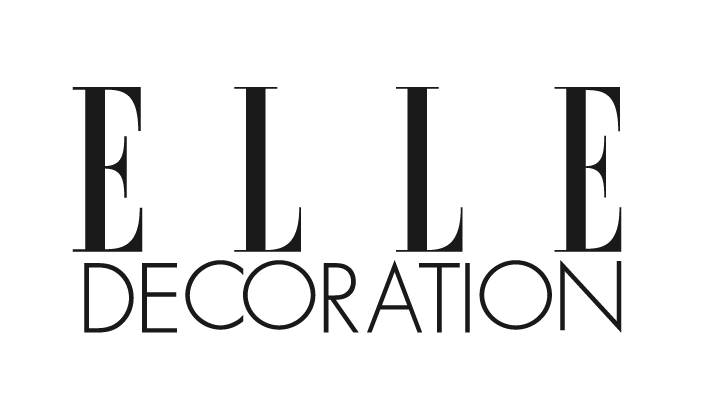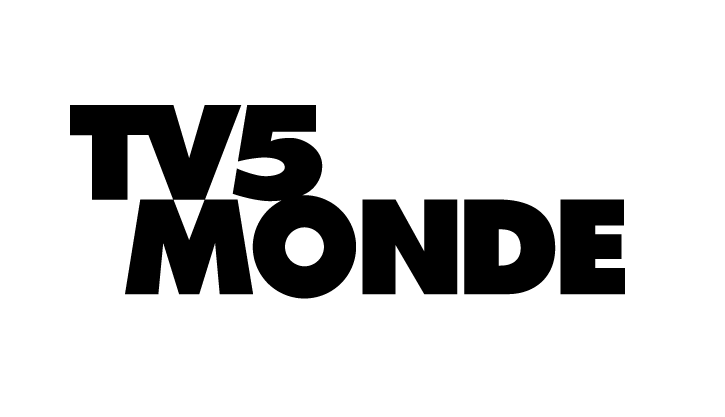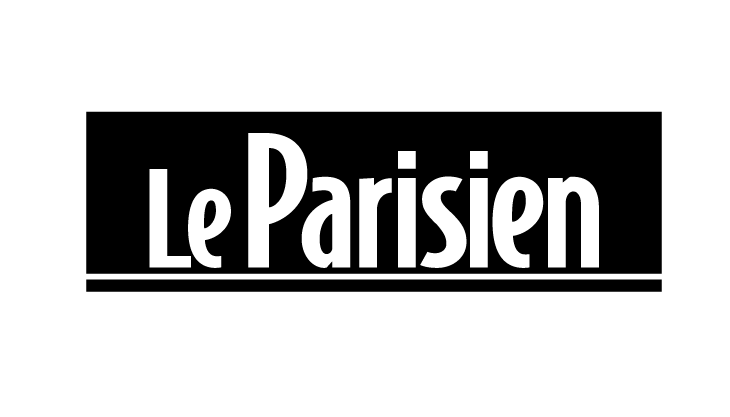Customise
Your art print
The Painter's Workshop OF Gustave Courbet
The Painter's Workshop
The Painter's Workshop : A realist manifesto
A work by Gustave Courbet, painted between 1854 and 1855, the oil on canvas The Painter's Workshop is also known by its full name The Painter's Workshop. Allégorie Réelle determining a seven-year phase of my artistic (and moral).
With impressive dimensions of 361 cm high by 598 cm wide, this painting, now housed at the Musée d'Orsay in Paris, was born of a particular historical context, marked by the social and political upheavals of the Second Empire.
Courbet, a leading figure of realism, rejected the academicism and official art of his day, preferring to devote himself to the representation of everyday reality, without idealization or embellishment. The Painter's Workshop is thus conceived as a manifesto of his artistic convictions, an assertion of his independence and social commitment.
Rejected by the jury of the 1855 Exposition Universelle, Courbet decided to exhibit the work at his own expense in a "Pavillon du Réalisme" built nearby, testifying to his desire to free himself from institutions and present his art directly to the public.
The complex, teeming composition of The Painter's Workshop
The work is presented as a grandiose genre scene, organized around the central figure of the painter, Gustave Courbet himself. The composition is highly complex, with a multitude of characters spread out on either side of the artist.
On the left are figures representing the different social classes of the time: a poacher, a worker, a priest, a merchant... On the right are personalities from the intellectual and artistic world who supported Courbet, such as the philosopher Proudhon, the collector Bruyas and the writer Baudelaire. The painting is characterized by a wealth of detail and a bold use of light, which highlights the main characters while creating an overall atmosphere imbued with mystery.
The Painter's Workshop: a symbolic self-portrait
In the center of the canvas, Courbet depicts himself in the midst of creation, painting a landscape, surrounded by a nude female model and a young boy. This staging of the act of painting is charged with significance. Courbet asserts himself as a free and independent artist, master of his art and his destiny. He also asserts the social role of the artist, a witness to his time and committed to the representation of reality, reinforcing this desire for realism and break with academic conventions.
Allegory and symbols: deciphering The Painter's Workshop
The Painter's Workshop is much more than a simple genre scene. Courbet calls it a "real allegory", underscoring the work's symbolic dimension. Every character, every object, every detail contributes to the construction of a complex, polysemous message.
The figures on the left, representing the "world of everyday life", testify to Courbet's grounding in the social reality of his time. The figures on the right, from the "world of art and thought", illustrate the painter's intellectual and artistic influences. The landscape in progress symbolizes nature, a source of inspiration and truth for the realist artist. By integrating the genre scene, the nude, the landscape, the group portrait and the still life into a single work, all these elements compose a genuine reflection on art, its function and its place in society.
The Painter's Workshop: the legacy of allegory and the representation of reality
The Painter's Workshop marked a turning point in Courbet's career and in the history of art. By asserting his social commitment, he also asserted his status as an independent artist. Courbet thus paved the way for new forms of artistic expression.
His rejection of academic conventions and his willingness to represent reality became a source of inspiration for many artists, notably the Impressionists and Realists, who would seize upon and evolve this vision in their own time.
The work, with its monumentality and complexity, remains a source of interrogation for artists and art historians today. It bears witness to the power of realism and art's ability to question the world and engage in dialogue with society.
This artwork is a painting from the classical period. It belongs to the realism style.
« The Painter's Workshop » is kept at Musee d'Orsay, Paris, France.



































